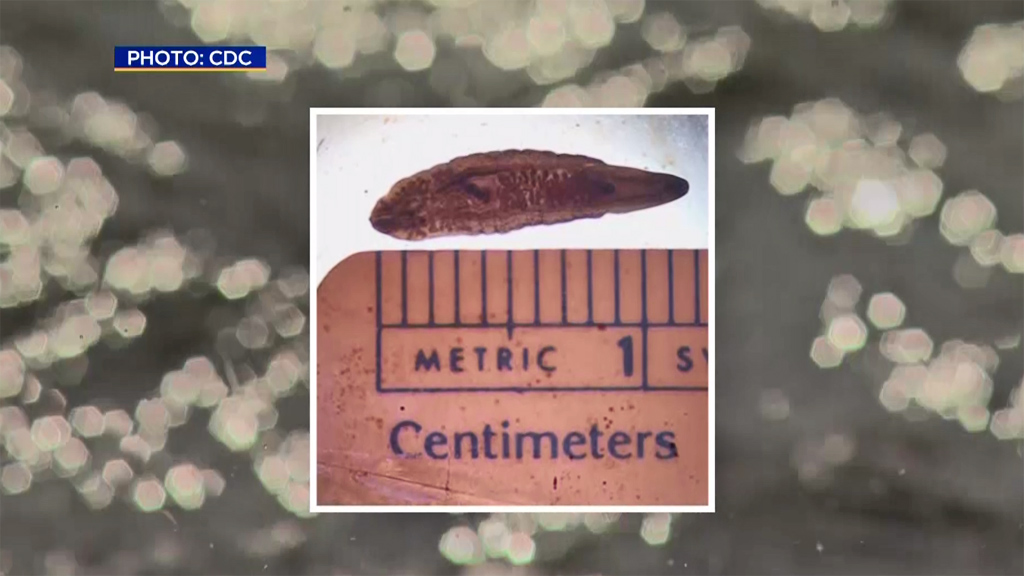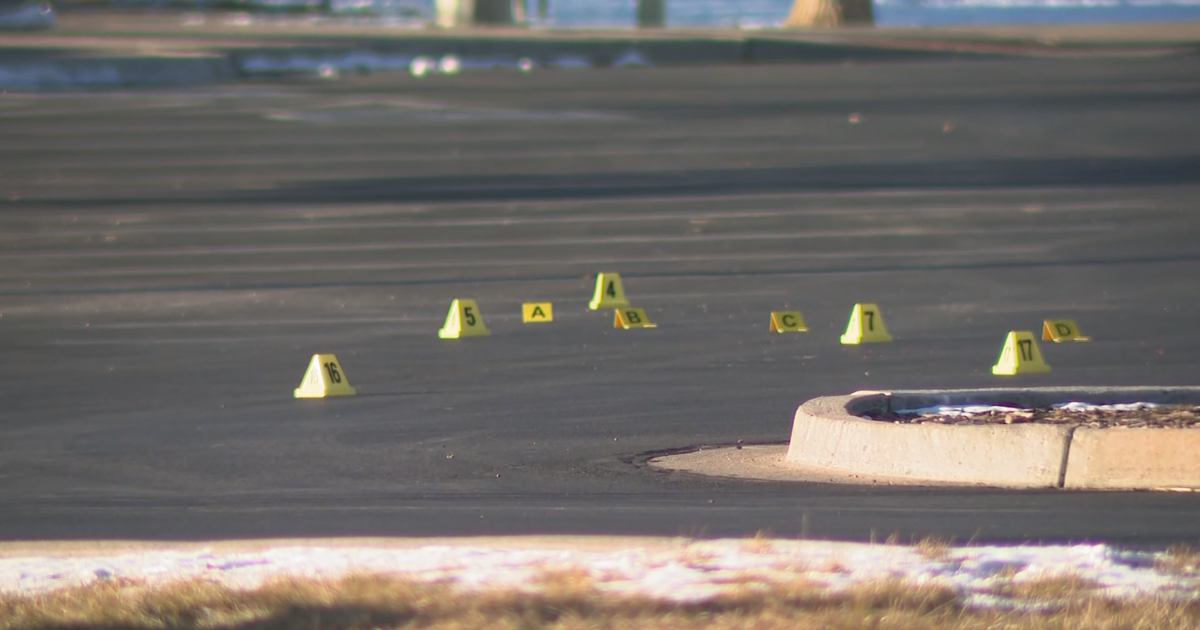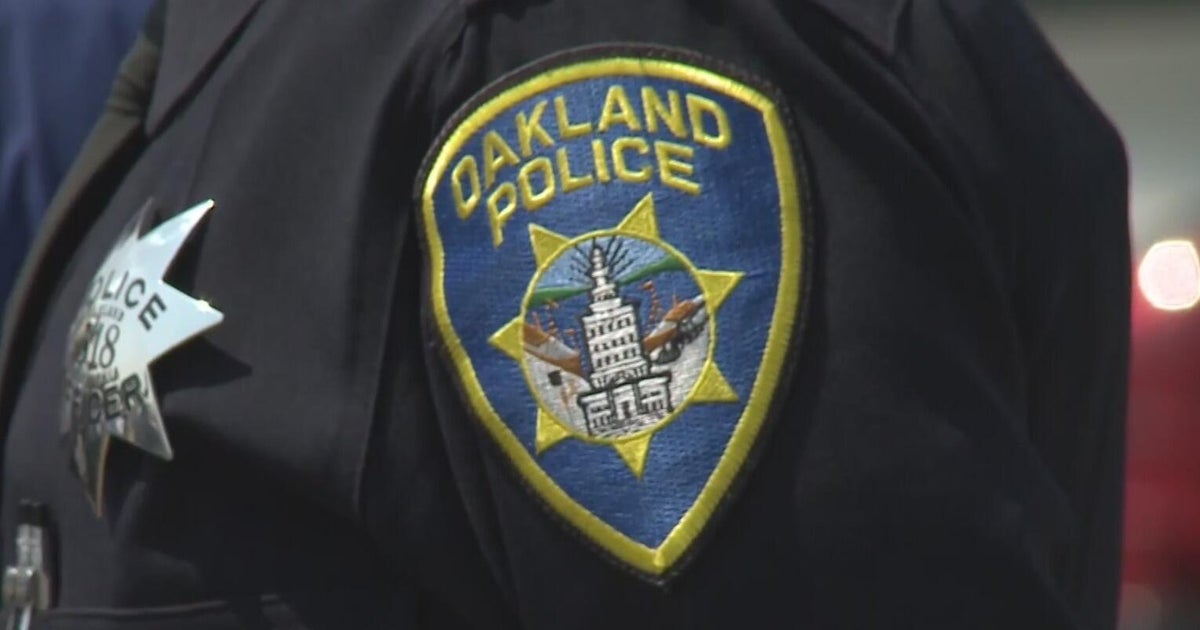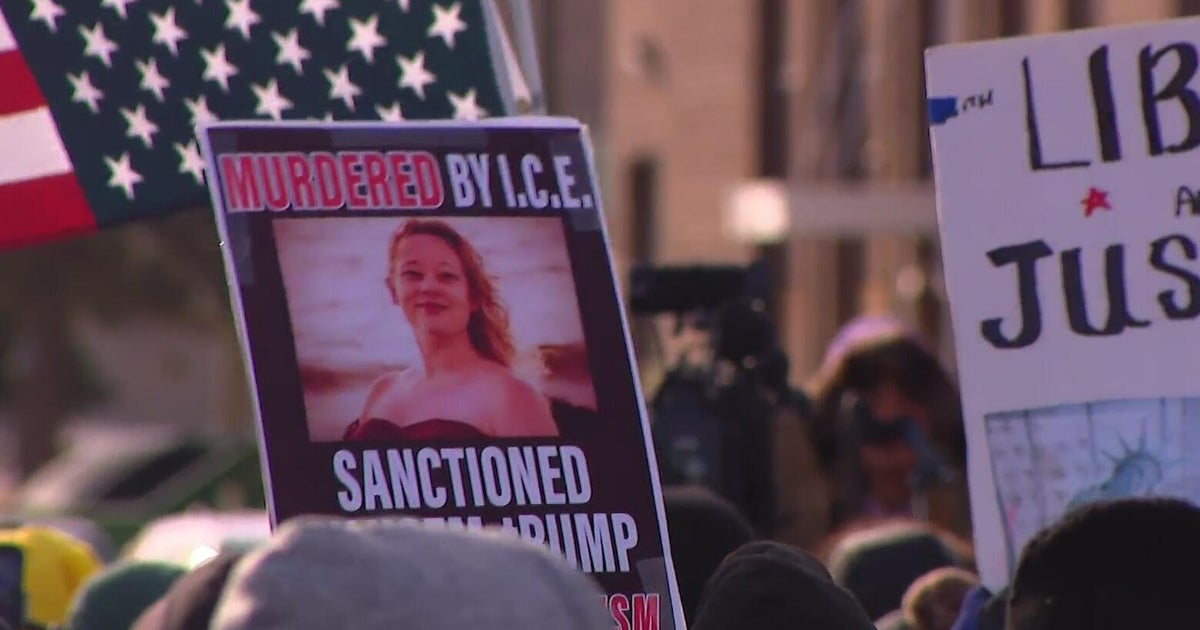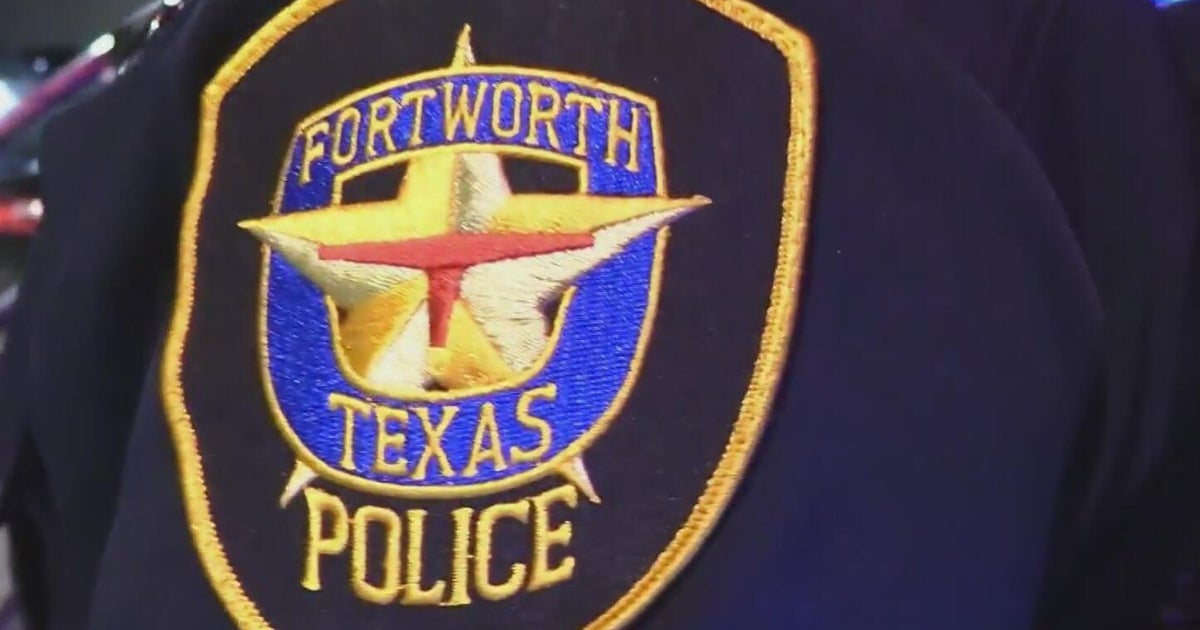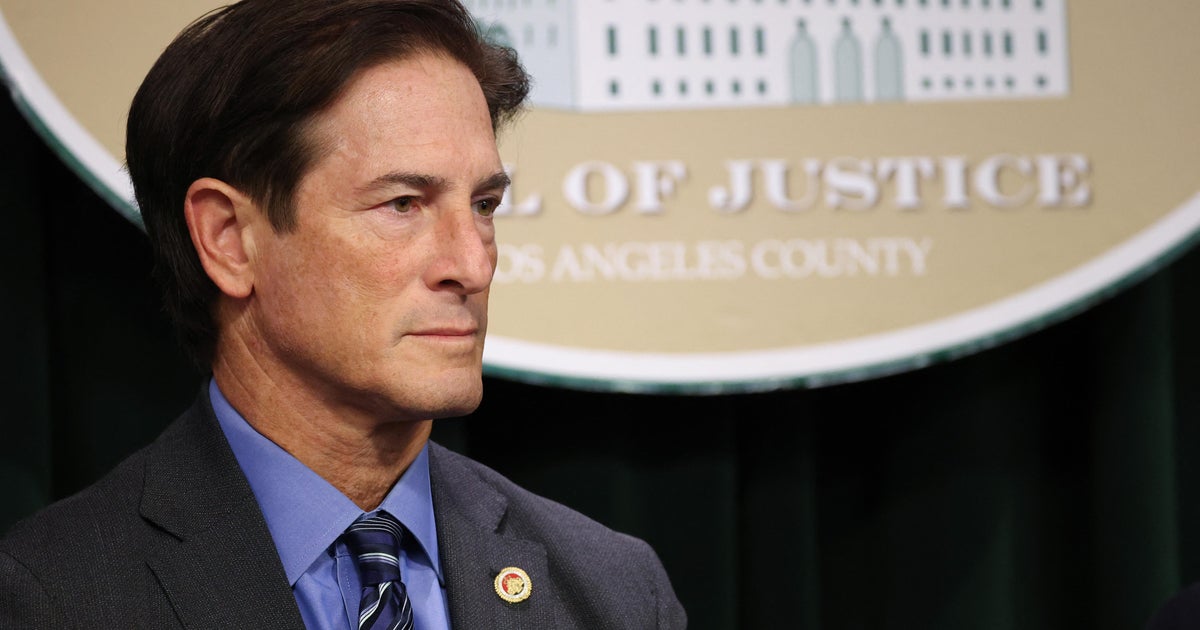Veterans Fight to Get Rare Form of Cancer Covered by VA
DANVILLE (KPIX 5) -- It took decades for the Veterans Administration to acknowledge the connection between Agent Orange and the illnesses of hundreds of Vietnam veterans. Now some vets are fighting to get help for another deadly killer that they believe is connected to their years of service.
Michael Baughman made it home safe from Vietnam. But five decades later, the war is killing him.
He suffers from a rare form of cancer that he believes was caused by fish he ate when his troop ran out of rations in rugged mountain terrain near the demilitarized zone.
"Before the helicopter could come in and drop the food, we would just go down to the local watering hole. They had these little smaller hand grenades and we would throw those into the river and then dive down and get the fish off the bottom," said Baughman.
ALSO READ: Veteran's Photos Of Dirty VA Clinic Room Go Viral, Prompt Apology
But in the military, they don't hand out cookware.
"I remember it like it was yesterday: trying to get a skewer, get it scaled. And there were some fuel tabs to actually do the cooking. But it never really fully cooked," he said.
The cancer, called Cholangiocarcinoma, or cancer of the bile duct, goes undetected for decades, making it often uncurable by the time it's diagnosed.
"These are rare cancers," said Dr. Kate Kelley, an oncologist at UCSF Medical Center and an expert on the disease.
She says its causes are still unknown, but there are clear risk factors, including a parasite called a fluke that infects fresh water fish in Southeast Asia.
"When people eat raw fish, the fluke can then infest our own livers and cause an infection, which generally is cleared over time, but results in another cycle of inflammation that can lead to mutations that result in cancer," said Dr. Kelley.
"That's the only thing it could be," said Baughman. But when he applied for disability benefits, the VA wouldn't believe him.
"We don't think its related," he says they told him.
Three times his claim was denied. The stated cause: "There is no evidence that this condition is associated with herbicide exposure."
In other words, it's not Agent Orange, so you're not covered.
"There any help from them. Their job is to give you the denial, keep the numbers down," said Baughman.
Other veterans are going through the same thing. From 2013 through 2017, the VA received 240 disability claims for Cholangiocarcinoma. Only 57 -- or about 23 percent -- were granted.
As a result of all the claims, the VA conducted a pilot study published late last year that confirmed for the first time "evidence of exposure to the liver fluke parasites in U.S. soldiers during their service in the Vietnam war."
But in an email, a VA spokesperson told KPIX 5, "a larger study would be needed to establish a link."
In Michael's case, his personal doctor came to the rescue.
"We realized in speaking to him, he has a history of actually being out in combat," said Dr. Philip Yee.
For Dr. Yee, the connection was obvious.
"It's not chance that he has the most rare tumor! There is a really good possibility that he was exposed," said Dr. Yee.
Dr. Yee sent a letter to the VA stating the connection was "more likely than not." That did the trick with the Veterans Administration.
Last year, three years after his first diagnosis, the VA finally approved Baughman's disability claim.
But he can't forget the hundreds of other fellow soldiers still waiting for relief, and the hundreds more who don't even know they have the disease.
"Let's get the veterans aware that there is an issue. That is why we are here. That is why we are talking," Baughman said.
The VA says about 700 patients with Baughman's kind of cancer have passed through the agency's medical system in the last 15 years. But fewer than half the vets submitted claims, because they didn't know there could be a possible link to their service.
